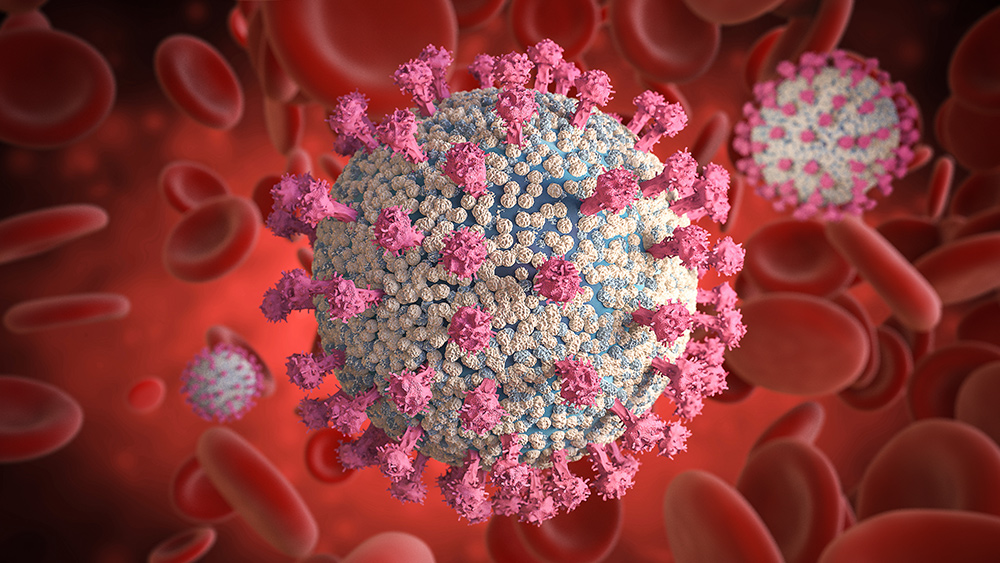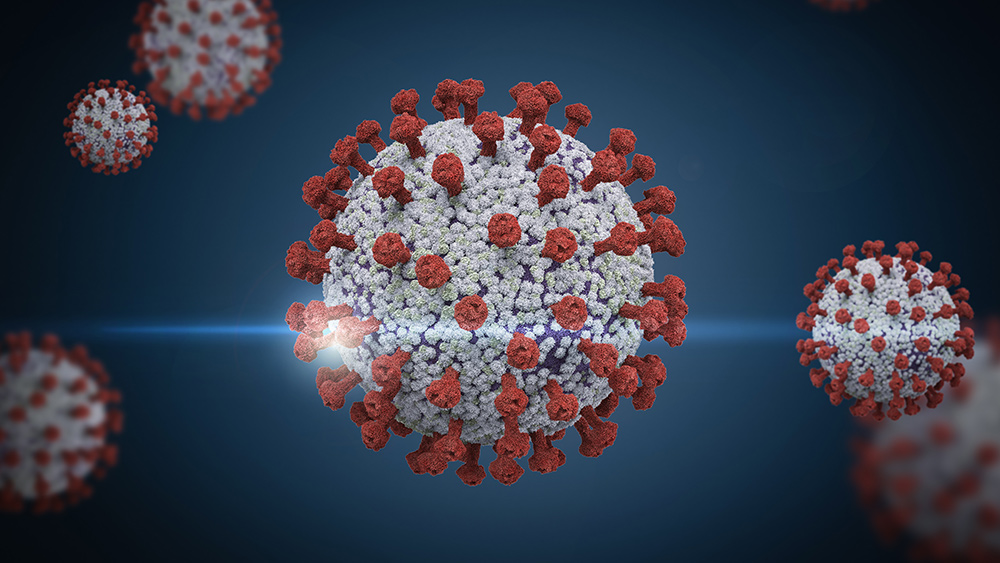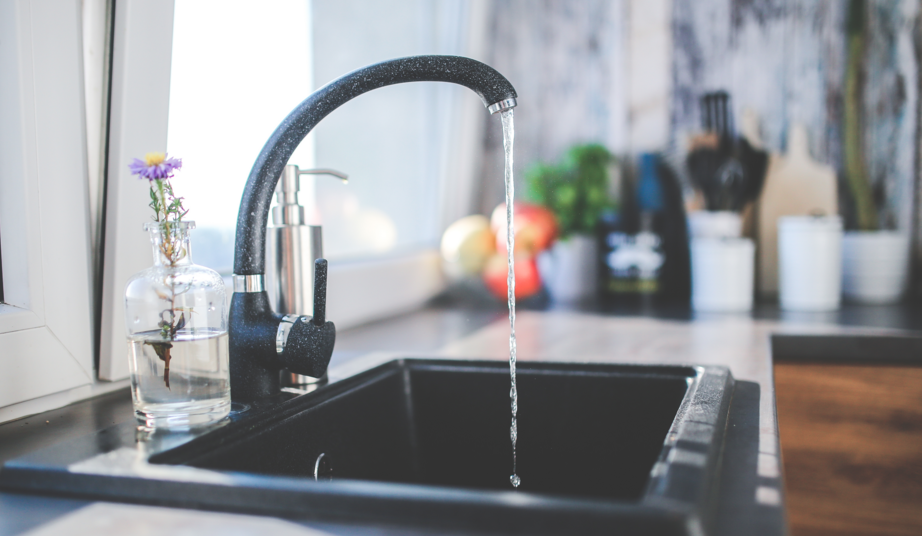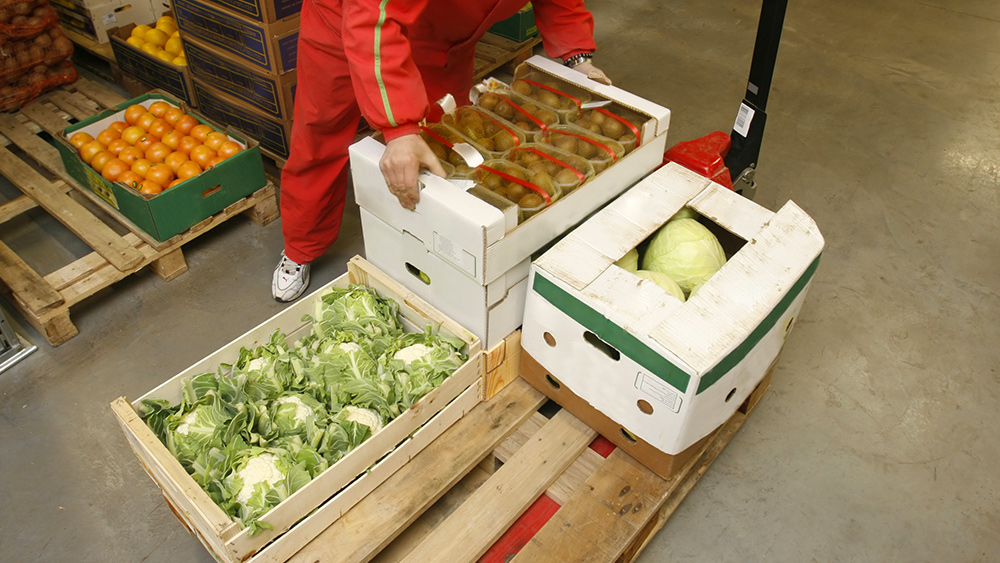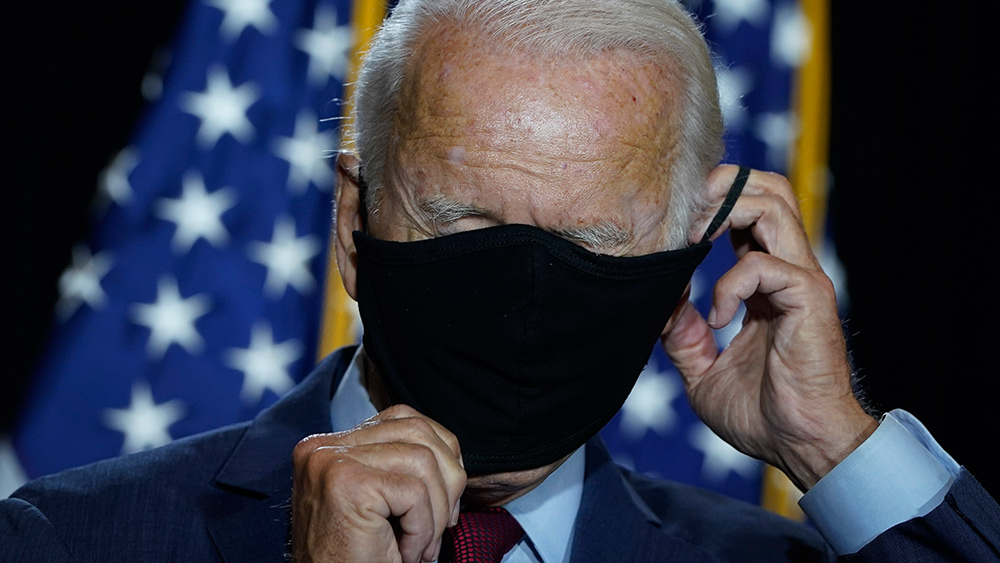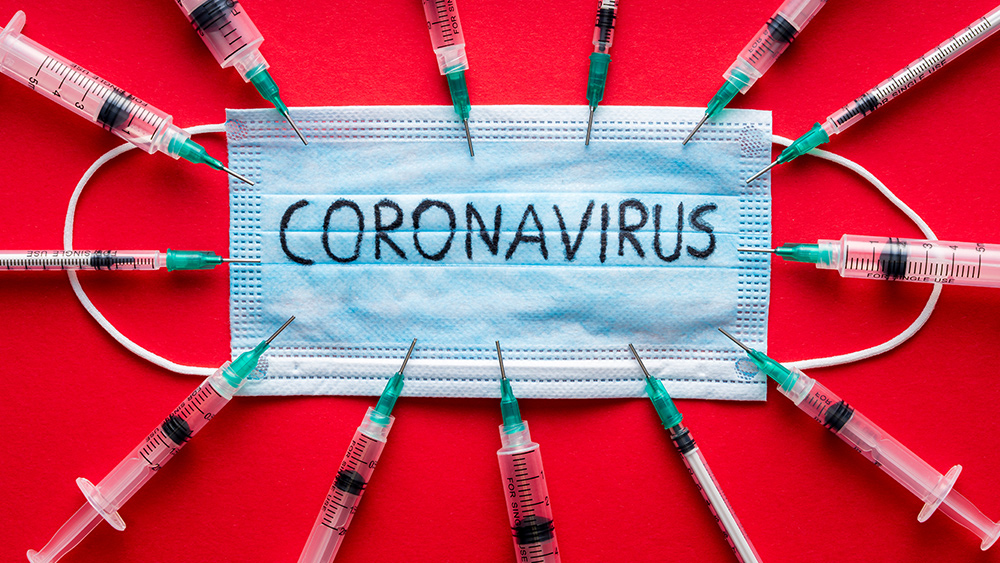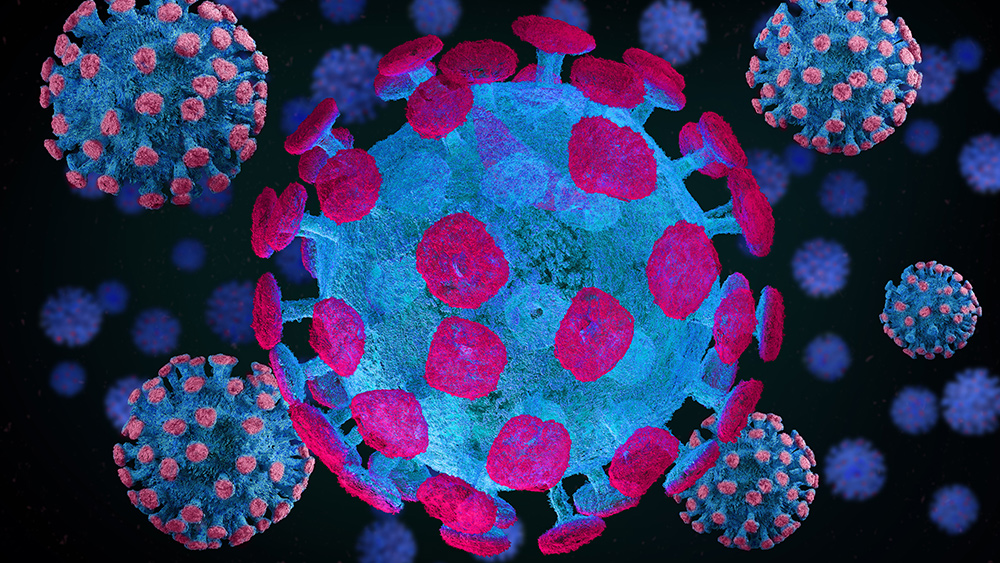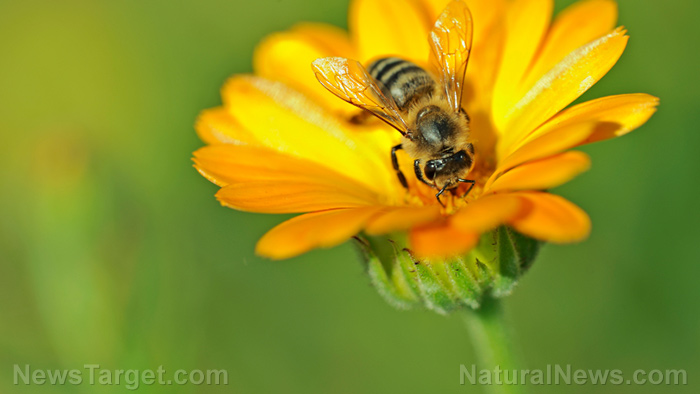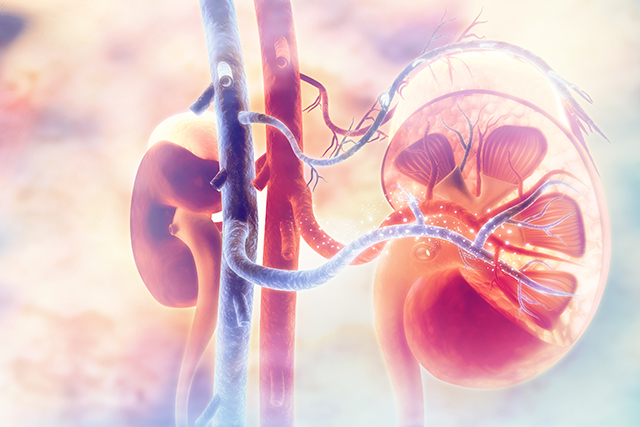10 Foods to eat on a cystic fibrosis diet (and what to avoid)
10/06/2020 / By Janine Acero

Cystic fibrosis is a progressive genetic disease wherein the body produces thick and sticky mucus that clogs the lungs and obstructs the pancreas.
Cystic fibrosis can be life-threatening, and patients who suffer from it tend to have a short life span. Cystic fibrosis affects some 30,000 people in the United States, and around 1,000 new cases are diagnosed each year. About 75 percent of those diagnosed are children under two years old.
Due to pancreatic problems that can develop from cystic fibrosis, patients may have difficulty digesting foods and absorbing nutrients, including fat. Many people with cystic fibrosis may also experience loss of appetite at some point.
These issues can result in nutritional deficiencies and poor weight gain.
Foods to eat on a cystic fibrosis diet
People with cystic fibrosis have specific dietary needs. They require up to twice as many calories as people without the disease so their bodies can keep up despite suffering from a chronic chest infection.
Patients with cystic fibrosis must consume a nutritious diet that contains foods from each of the main groups: carbohydrates, fats and proteins. Here are 10 types of food you should incorporate into a balanced diet to help relieve the symptoms of cystic fibrosis.
Fruits
Fruits are high-fiber foods that can help reduce intestinal blockages in people with cystic fibrosis. Fruits are also a rich source of antioxidants, which help fight infection and reduce inflammation.
Consuming fruit is a great way of providing your body with much-needed fiber and antioxidants, regardless of whether you’re living with cystic fibrosis or not. Some fruits that you can add to your regular diet if you have cystic fibrosis include:
- Apricots
- Bananas
- Blueberries
- Cantaloupes
- Grapefruit
- Mangoes
- Oranges
- Peaches
- Strawberries
Vegetables
Like fruit, vegetables are also rich in antioxidants and fiber, as well as essential vitamins and minerals. Dark green leafy vegetables are some of the most nutrient-dense foods you can find. They are great sources of calcium, iron and vitamins A and K, on top of other essential nutrients.
People with cystic fibrosis can meet daily nutrient requirements by adding the following dark leafy greens to their diet:
- Arugula
- Bok choy
- Broccoli
- Brussels sprouts
- Collard greens
- Kale
- Mustard greens
- Spinach
Eggs
People with cystic fibrosis need protein-rich foods to maintain muscle mass and strength. Protein is known to prevent muscle loss and help improve clinical outcomes for people with cystic fibrosis.
Eggs are some of the best sources of protein. One large, boiled egg contains more than 6 g of protein. Eggs are also a good source of vitamin B12, which is essential for red blood cell formation and proper nerve function.
Fish and seafood
People with cystic fibrosis have an increased risk of bone diseases, such as osteoporosis or osteopenia. Vitamin D is required for strong bones and calcium absorption.
Fish such as salmon, herring and trout are also good sources of protein, as well as iron and vitamin D. Consuming these foods is a great way to increase your intake of calories and healthful fats.
Shellfish like oysters are a good source of zinc, which supports growth and development in children and adolescents. Zinc is also required for healing and good immunity.
Nuts
Rich in healthful fats, protein and fiber, nuts make excellent snacks, especially between meals.
Nuts are good sources of vitamins and minerals. For example, almonds and peanuts contains high amounts of the antioxidant vitamin E, while Brazil nuts are rich in selenium, a nutrient that protects against oxidative damage and infection.
Dairy products
Dairy products are a good source of calcium, an essential mineral needed by people with cystic fibrosis. This is because they are at increased risk of bone disease. People with cystic fibrosis can incorporate dairy products into their diet by dipping fruits or veggies in cream cheese, or blending either Greek yogurt or full fat milk with their favorite smoothies. (Related: Manuka honey found to eliminate deadly drug-resistant bacteria in cystic fibrosis (CF) infections.)
Olive oil
People with cystic fibrosis require more energy so that their bodies can keep up with their condition. Experts recommend that patients get 40 percent of their total calories from polyunsaturated fatty acids (PUFAs).
An easy way to increase the number of PUFAs in your diet is to consume olive oil, an essential component of anti-inflammatory diets and the Mediterranean diet. Olive oil can also help people take in extra calories and fat when their appetite is lacking.
You can add olive oil to bread, salads, vegetable dishes, pasta sauces, soups and casseroles.
Dark chocolate
Dark chocolate (cocoa) is a good source of calories and fat. An ounce of dark chocolate contains 170 calories and 12.1 g of fat. It also contains 64.6 mg of magnesium, which is essential for healthy bones and muscles.
To reap the benefits of dark chocolate, consume a product that contains at least 70 percent cocoa solids.
Protein shakes and supplements
When people with cystic fibrosis lose their appetite, protein shakes and nutritional supplements can help them maintain good nutrition and prevent weight loss.
Protein shakes are available in different flavors and forms, such as flavored powders, ready-made dairy shakes, high-calorie drinks and high-protein juices.
Salt
While reducing salt intake is beneficial for many people, those with cystic fibrosis often need to increase theirs to replace the salt that they lose through sweating. Some people with this condition may also need to consume extra salt when the weather is hot and when they’re exercising. That said, it’s important to get salt from nutritious snacks and foods. You can add more salt to your diet by:
- Snacking on salted nuts, pickles or salted crackers
- Using soy sauce in dishes
- Cooking vegetables in broth instead of water
Foods to avoid
Most foods are suitable for people with cystic fibrosis. However, because of their special dietary needs, they should avoid foods that are labeled “diet,” “low fat,” “fat-free” or “reduced calorie.”
There is currently no known cure for cystic fibrosis. But you can learn about dietary strategies for managing this condition at FoodCures.news.
Sources include:
Tagged Under: cystic fibrosis, cystic fibrosis diet, dairy, dark chocolate, disease treatments, eggs, fish, food cures, food is medicine, fruits, functional food, natural cures, natural medicine, nutrients, nuts, olive oil, protein shakes, salt, seafood, vegetables


